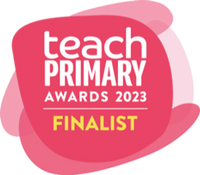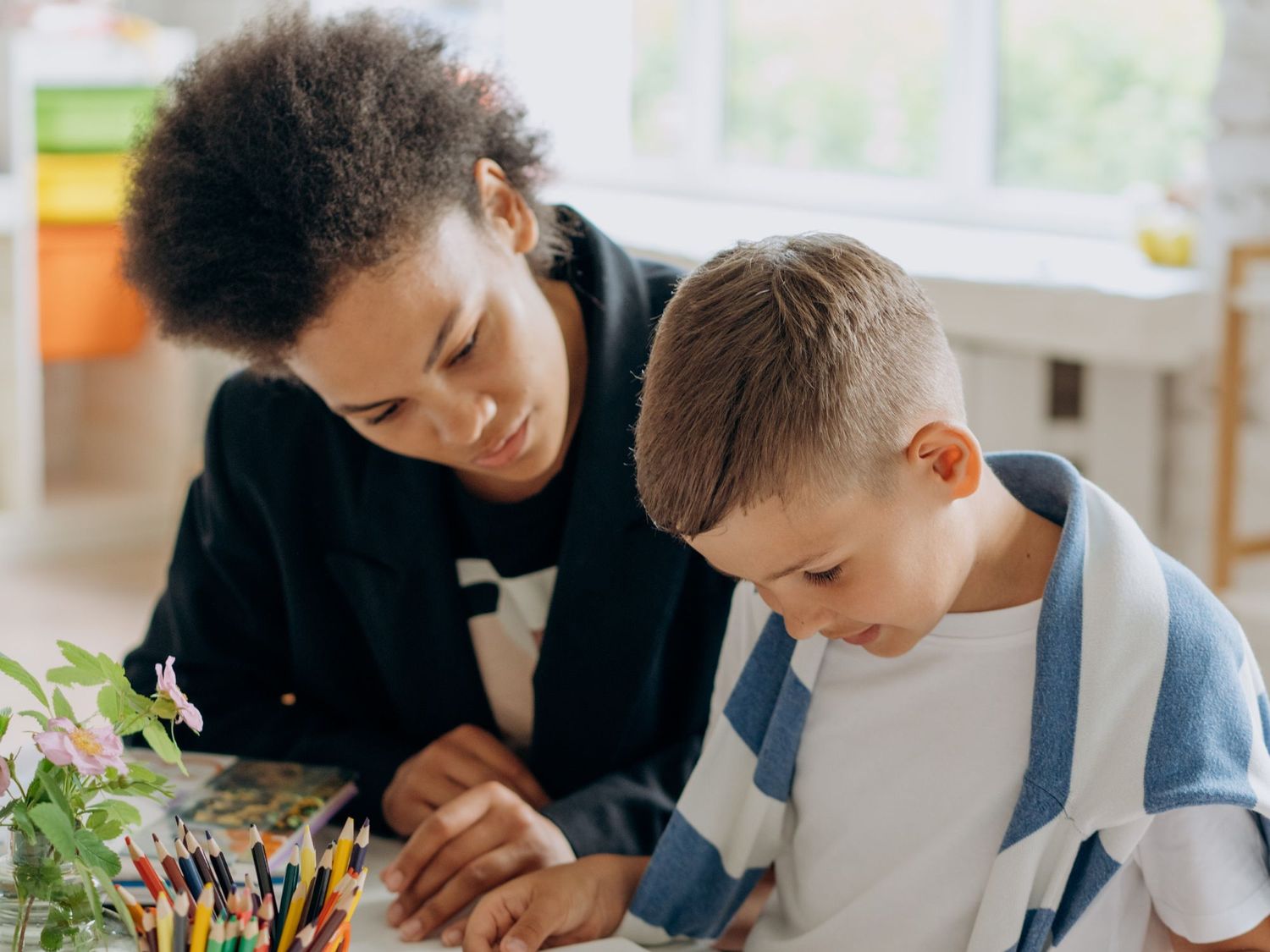Perhaps this is no more the case than with the subject of history: a subject whose success rests upon being able to move from page to life. From abstract to tangible.
History is a perfect example of this. Our ability to successfully study history relies heavily upon being able to ask questions before drawing logical conclusions about what can be known. This in turn allows us to tease out motivations which can help us to understand our own place in the history of civilisation.
Academics have sought to observe the way the experts in their fields actually go through the process of reading like an expert. Shanahan (2012) observes-
“Historians were found to engage in sourcing (paying attention to the author), contextualisation (connecting texts to the circumstances of the time), and corroboration (making comparisons across texts). Furthermore, unlike scientists, historians did not suspend their critical stance when they read information about which they knew little.”
We recently discussed research into disciplinary literacy across the humanities.
So, only when we learn to critically question and theorise about events through our interrogation of primary and secondary sources can we truly be said to be undertaking the study of history. For experts, this sits on years of experience in the subject. It begs the question: what platform are we providing our learners in order to ensure that they have the best possible point of departure for engaging with the subject?
Below are five considerations to make when it comes to unlocking the power of disciplinary literacy in your history classroom:
1. A sound terminology grounding
One very early memory I have from primary school is doing a family tree of The Tudors over a double page spread in my exercise book. I remember being very proud of how beautiful it looked, but I had one slight issue: I couldn’t tell you who any one of them was, or how on earth they related to British history. To an expert, periods and eras were a given- not so much to me! When it comes to ‘powerful knowledge,’ we must share the broad significance of periods, events, movements, concepts and historical methods with learners. Without a firm understanding of these elemental ideas, even beginning to probe the content with any kind of authority is effectively impossible!
2. Carefully sequenced primary and secondary sources
Not only do we need to sequence our curriculum on the ‘macro’ level, but also on the ‘micro.’ Given that cognitive load theory has given us a useful sense of how we can minimise unnecessary complexity in our tasks, it makes sense to consider a source not only as an individual construct, but how it relates to other sources as well. The Department for Education History Subject Series emphasises this point. This is where your conceptual framework of words such as perspective, bias and subjectivity can intertwine with notions of primary, secondary (sources) and period/era. The two ought to go hand in hand.
3. Commands and triggers: locate/evaluate/construct/summarise
It is likely that your exam board will have a handful of trigger words as a starting point, and it’s also useful to think about how these ideas can be worked back to Key Stage 3 as well. In essence, without turning the thinking into an unnecessarily reductionist and linear planning exercise, it is worthwhile to think about what ‘evaluation’ might realistically look like in year 7 vs year 9, for example. There’s a balance here, though: integrity does not equal ‘flatpack learning’ but perhaps it equals a true consideration or discussion about how complex notions can be stripped back to the simplest parts. If nothing else, ‘doing history’ comprises a range of skills: ask yourself what those skills are, and how they can be presented to learners at different places in their academic careers. There’s some really interesting thoughts on this here.
4. Learners as history makers
Encourage learners to ‘make sense’ of events in light of previous historical events. This is the essence of the subject: to interpret and then reinterpret the significance of life as it unfolds before our eyes. Yes, some of this is underpinned by knowledge and facts, but there’s an unavoidably emotional component here in terms of empowering our learners to become citizens as well. Might you be able to list, say, 10 events on the board (including a recent event that learners will be familiar with), before asking them to order and discuss the conceptual link between them? The notion of disciplinary reading is also an interesting one: the skills that Shanahan alluded to above can also be given deliberate airtime in a classroom setting: Again, the DFE History Subject Report argues for the importance of a wide breadth of exposure so as to encourage a more nuanced understanding of history.
5. Cross curricular links
There’s all kinds of interesting ways to link to what’s happening elsewhere in the curriculum. Again, long-term memory retention and understanding is supported when material is presented in a variety of ways: whether it be story-telling, exposition, first or second hand accounts, there are unlimited means of presenting history to learners. What’s more, you’ve got a building of experts with degrees in other fields that you can tap into as well! Even if you have 10 minutes at a subject leaders meeting, it’s worth asking to share curriculum topics, if only to give colleagues the opportunity to find coherence. Yes, Oliver Twist is an interesting and entertaining work of fiction, but it’s also an unavoidably historic document as well. Scientific advancements are inextricably linked with key moments in history, and there will undoubtedly be coverage of this in your science curricula as well. If nothing else, opening up the space for discussion in our own classrooms is key to helping pupils to have a broader perspective in order to become true historians.





